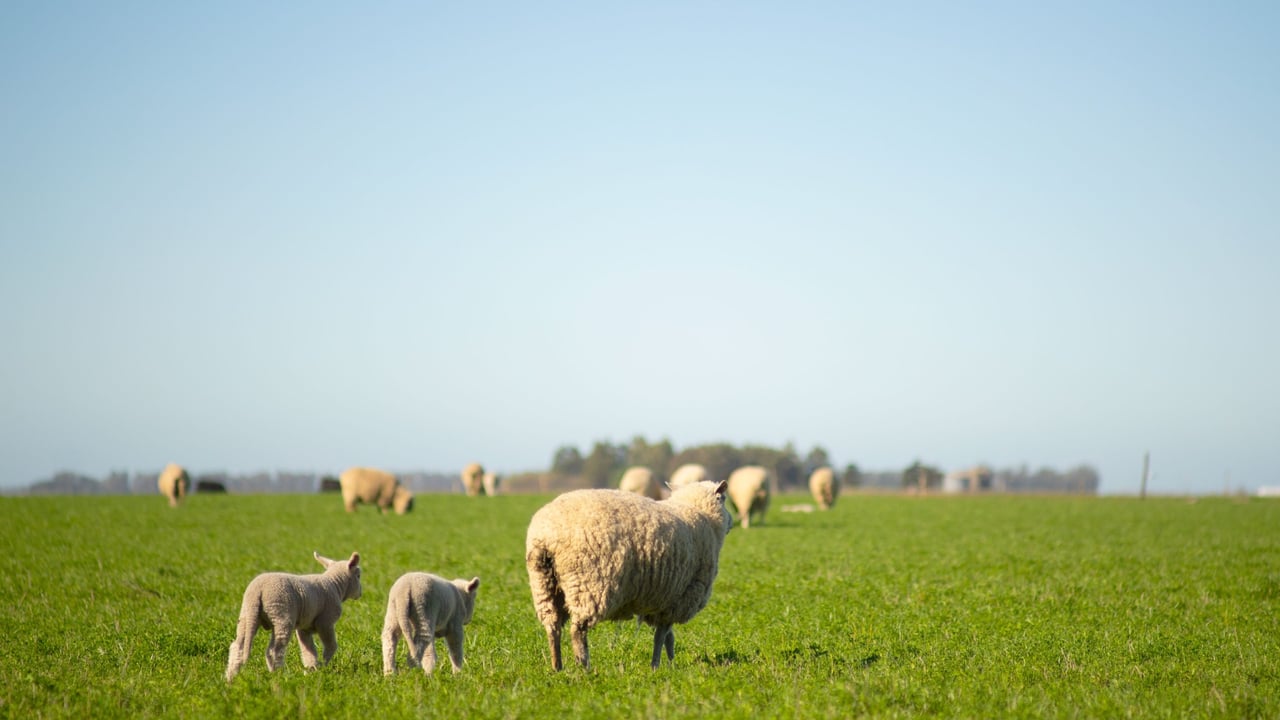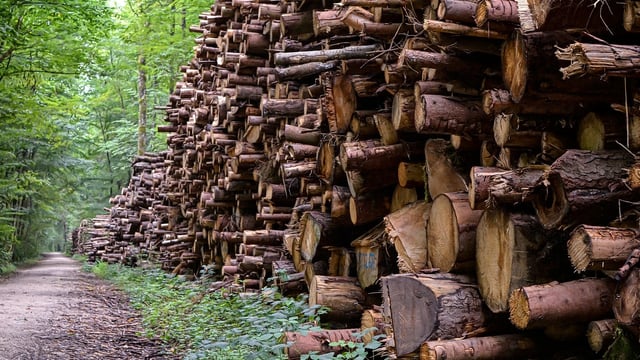Lamb price cuts 'not justified based on market conditions' - farm org
President of the Irish Farmers' Association (IFA) Francie Gorman has hit out at sheep factories for the "severity" of cuts to lamb prices, calling the move "highly irresponsible and unnecessary".
Gorman said factories have "ample opportunity to return higher prices on the back of reduced lamb numbers" both in Ireland and in key markets, the UK and France, where prices are the equivalent of €9.10/kg and €9.69/kg, based on latest reports.
The IFA president said sheep factories "must be stronger in the marketplace".
He said factories must "maximise returns to sheep farmers to stop the decline in the national flock and return confidence to the sector".
He added that recent price cuts are "unacceptable, not justified based on market conditions, and must stop".
IFA sheep chair Adrian Gallagher said ewe numbers based on the 2024 sheep census at 2.4 million are the lowest in the country since 2014, with 230,000 ewes gone from the sector since 2021.
He said this rate of decline in the ewe flock has serious consequences for lamb numbers - last year’s numbers of sheep processed dropped by 380,000 head with throughput to-date this year back a further 200,000 head or 16%.
"Sheep farming is a low-income vulnerable sector that does not have the capacity for price volatility," Gallagher said.
"Sheep farmers in the coming weeks will be making key breeding decisions for the coming year and central to this will be returns for their lambs from factories.
"Factories can and must do more on lamb prices; the current cuts are not acceptable and could do serious damage to the long-term viability of the sector."
Gallagher said the future of the sector is "very much dependant on the willingness and capacity of factories to maximise returns to farmers".
"Factories must stop the level of price cuts they have imposed on farmers and start reflecting the full value of our key outlets in the UK and France for our sheepmeat," he continued.
"Bord Bia also have a key role to play in ensuring our product, based on the standards implemented on our farms, is differentiated for customers in the UK and EU markets."
This must be done to "push back on the impact cheaper southern hemisphere imports is having in these markets and to maintain consumer demand for Irish sheepmeat", Gallagher added.





